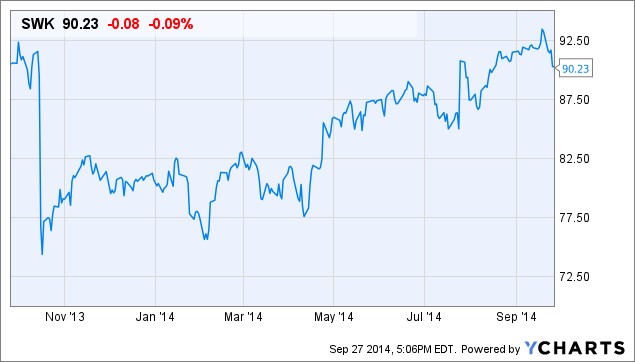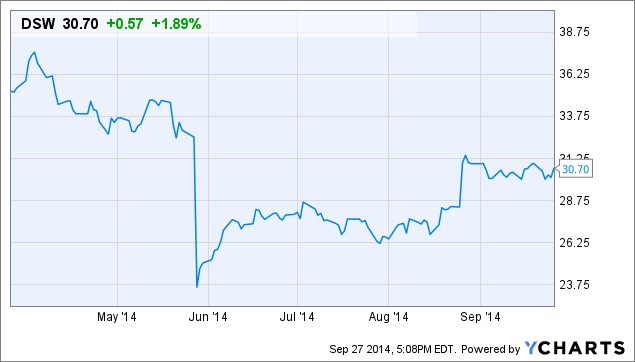What is Behavioral Finance and how does it impact Markets?
What is Behavioral Finance and how does it impact Markets?
The idea of Behavioral Finance is a relatively new concept in the financial world with its fair share of associated controversies. When Werner De Bondt and Richard Thaler first wrote the article, “Does the Stock Market Overreact?”, academics were quick to disregard it and called it a mistake.
However, over more than a decade a lot of research has somewhat conclusively proved that behavioral finance is here to stay and it would be irrational to disregard it when valuing or predicting stock market returns. One of the most basic ideas which has been studied in great depth is the under-reaction and overreaction of the stock market.
In the paper, “A Model of Investor Sentiment”, the authors have provided evidence of market’s under reaction to news such as earnings announcements, and overreaction of stock prices to series of good or bad news. The horizon for under reaction is generally considered to be one to 12 months. The consequence of under reaction is that any good news regarding a company is incorporated slowly into its stock price.
The overreaction evidence is found in longer time horizons (three to five years) and it is shown that security prices consistently react to news pointing in the same direction. As a result, companies which have had a series of good news become overpriced and produce less than average returns later on. The prices return to their mean values which can mean a loss to investors holding on to the stock. The opposite is true for companies which send out negative news regularly for some period. Their stocks tend to get more undervalued than justified and thus become a cheap buy.
These investor sentiments can help investors decide on the entry and exit points to make good returns. As an example of under and over reaction, Dan Strack provided a few good examples on Seeking Alpha.
Stanley Black & Decker (NYSE:SWK).
“In October 2013, the stock reported sales which missed market expectations and as a result the stock dropped 14% in one day. While results were disappointing, investors need to determine if the result were due from short-term headwinds or a growing fundamental flaw that will continue to hurt revenue. For Stanley Black & Decker, sales were impacted by the government shut-down and other short-term factors. As a result, investors who established a position at the low of $74.37/share on 10/17/13 have been rewarded with a quick bounce-back and a return of over 20% in less than 12 months.”

DSW (NYSE:DSW)
“DSW (NYSE:DSW) reported disappointing quarterly results and the stock dropped roughly 27% to $23.62/share. DSW is an established, well-known shoe store that saw a severe market over-reaction. The 27% drop allowed investors to establish a position at a 52 week low. Investors taking advantage of this situation have seen a 34% return in just 4 months.”














